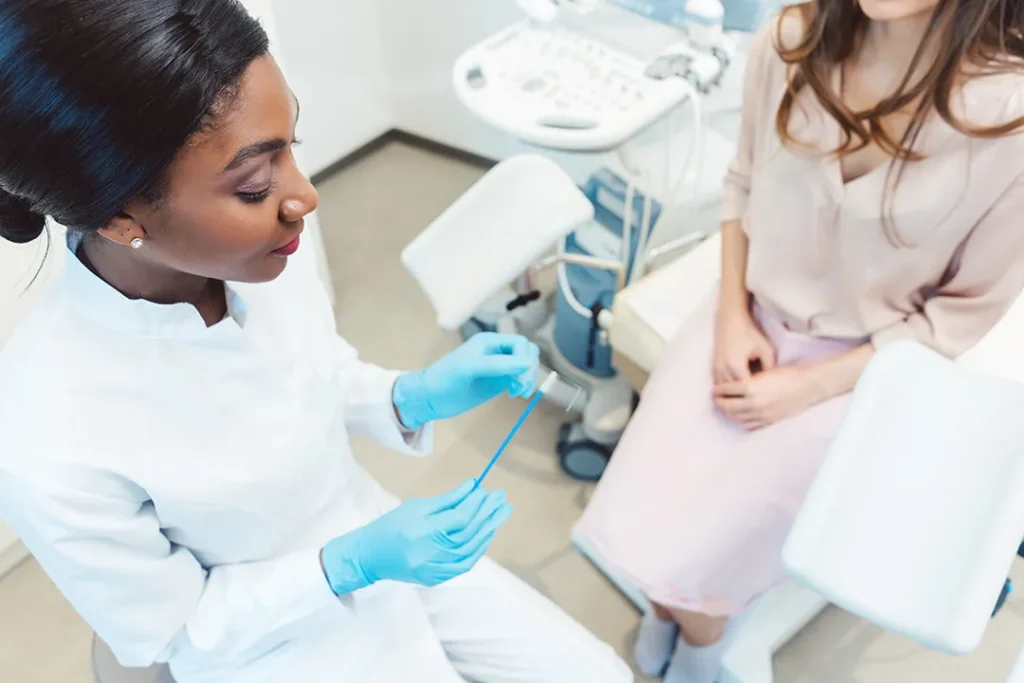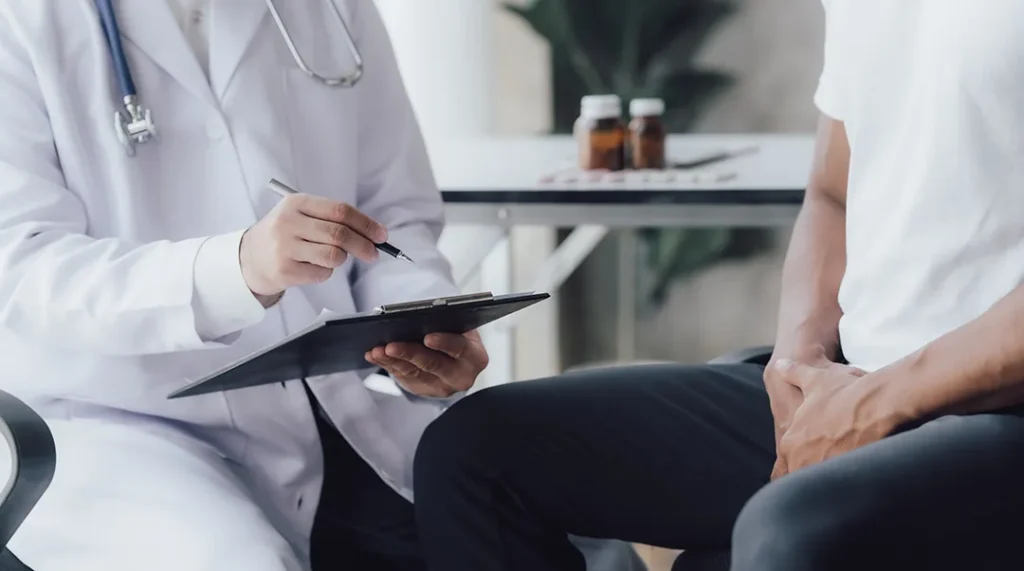New Medical Breakthrough: Miracle “Day After” STD Meds Hit Market
How to Stay Protected

A few weeks ago, Fox News dropped a headline that stopped me mid-scroll, and it wasn’t just the bold print that caught my attention. “More than half of Americans with STDs were infected by cheating partners, survey finds.” Jaw-dropping, yes, but the truth beyond the headline? Even more revealing.
It’s time we confront the myths, misunderstandings, and stigmas around sexually transmitted infections (STIs). Armed with knowledge and action, we can protect both our health and relationships. Here’s the breakdown you (and your partner) need to read.
1. STIs Don’t Always Show Symptoms
One of the biggest misconceptions is that “I’d know if I had an STI.” Spoiler alert—you often won’t.
Chlamydia is the perfect example. Studies show that 5% of sexually active young women in the U.S. are carrying it, yet 70% have no symptoms. That means many unknowingly pass it on or assume their partner is responsible when symptoms finally appear. The real culprit? An infection they’ve had for months or longer!
STIs don’t come with alarms or timestamps. But the aftermath—misunderstandings, finger-pointing, and stigma—is all too common.
2. Your STI Test Might Be Missing Key Areas
Here’s the most shocking thing I’ve learned about STI testing—it’s rarely complete.
Certain infections like gonorrhea and chlamydia can live in specific spots like the throat, rectum, or genitals. But when you visit a testing clinic, they often only focus on one site. One time, I left a clinic thinking I was in the clear, only to later discover I had oral gonorrhea. Why? They only tested below the belt. Not only was I unknowingly infected, but I also spread it to someone else. Mortifying and dangerous.
Takeaway
Oral gonorrhea and chlamydia are usually asymptomatic and can only be detected by a throat swab. Advocate for yourself during testing. Ask for site-specific swabs, especially if you engage in oral or anal sex. A thorough test could save you—and your partner—from a host of issues.

3. Unprotected Oral Sex Isn’t Risk-Free
Think unprotected oral sex is “safe enough”? Think again.
Most STIs, including gonorrhea, chlamydia, and syphilis, spread easily through oral sex. And remember point #2—most testing doesn’t even check the throat. Combine that with the fact that dental dams (the recommended barrier for oral sex on vulvas) are nowhere to be found in local stores, and it’s clear why infection rates are soaring.
Here’s the brutal truth—unprotected oral sex has significant risks. Normalizing conversations around prevention and complete testing is long overdue.
4. Not All STI Panels Are Created Equal
Think requesting “everything” during testing means they’ve checked for every STI? Think again.
Testing panels vary wildly between clinics. Some will only screen for the basics like gonorrhea and chlamydia, while others leave out key infections altogether. Free clinics often focus on HIV and syphilis alone due to resource limitations, meaning common infections are missed entirely.
Case in point—someone I know recently tested via her state health agency. Her results? Just HIV and syphilis tests. Important, yes, but far from comprehensive.
Pro Tip
Next time someone says, “Don’t worry, I’m clean,” pause. They may not know what they haven’t been tested for.

5. Silent STIs = Long-Term Harm
Ignoring or missing an STI doesn’t just lead to awkward conversations—it can lead to serious health risks.
For instance, undiagnosed bacterial STIs like chlamydia can permanently damage your reproductive health and even increase your risk of contracting HIV. Silent infections create microscopic injuries that act as open doorways for more serious diseases.
Need another reason to stay proactive? Prevention is always better—and less costly—than treatment.
Fact to Protect
Prevention isn’t just about condoms; it’s about knowledge, testing, and sometimes, the right prescriptions.
Here’s the Solution You’ve Never Heard About (But Should Know)
Feeling overwhelmed? Don’t worry—there’s good news. Enter DoxyPEP, a game-changer in STI prevention.

What is DoxyPEP?
DoxyPEP (short for Doxycycline Post-Exposure Prophylaxis) is a preventative antibiotic that dramatically reduces your risk of bacterial STIs like gonorrhea, chlamydia, and syphilis.
The method? Simple. Take 200 mg of doxycycline within 72 hours of sex, and you can slash your risk:
- Chlamydia: Reduced by 80%
- Syphilis: Reduced by 80%
- Gonorrhea: Reduced by 50%
Pair DoxyPEP with comprehensive testing (hello, throat swabs!), and you’ve got a proactive defense for your sexual health.
Think of it this way: Prevention doesn’t just protect you—it protects your partner(s) and preserves trust.
The Bottom Line
When it comes to STIs, knowledge is power. And here’s what you need to know:
- STI Symptoms Aren’t Reliable
Most infections are silent, making regular, comprehensive testing a non-negotiable.
- Testing Alone Isn’t Enough
If it doesn’t include all sites of potential infection, you’re missing critical information.
- DoxyPEP is a Game-Changer
Prevent bacterial STIs before they even have a chance to spread.
Next time you hear that someone has an STI, pause before placing blame. Instead, reflect on the deeper issues—misinformation, missed testing, and lack of education.
Sex should be fun, healthy, and safe. With tools like DoxyPEP, thorough testing, and open conversations, you can take control of your health confidently.
Take the Next Step

Empower yourself and protect your partners.
Here’s how you can take action today:
- Advocate for Comprehensive Testing
Ask for site-specific tests at every sexual health appointment. If your provider resists, find one who doesn’t.
- Talk to Your Doctor About DoxyPEP
Discuss whether DoxyPEP can be part of your prevention strategy.
- Get Expert Support with Shameless Care
Our telemedicine team provides quick, cost-effective access to DoxyPEP and STI testing for 13 infections. Our doctors and resources are here to put you in control of your sexual health.
When it comes to your sexual health, ignorance isn’t bliss—it’s risky. Choose smarter. Choose safer. Choose empowered.
Because nothing is sexier than peace of mind.
